
COVID-19 is both a public health crisis and an economic crisis. The measures taken to deal with the public health crisis threaten our economic well-being.

The Australian government today announced new telehealth consultations will be covered under the Medicare Benefits Schedule.
- By Lisa Cohen

Nearly a million people in Canada have already applied for employment insurance, and analysts are predicting that coronavirus-related jobless claims in the United States could exceed three million.
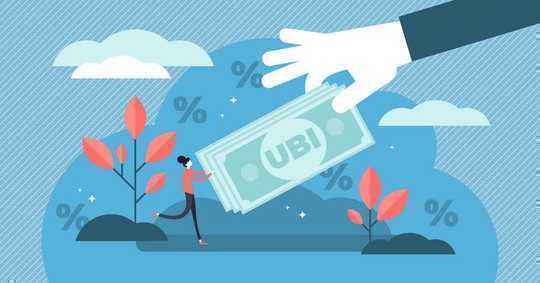
The idea of giving everybody an unconditional, regular income has become increasingly popular in the last few years, partly because employment has become less secure and people fear that increasing automation may cause job losses across many sectors.
- By Evan Fraser
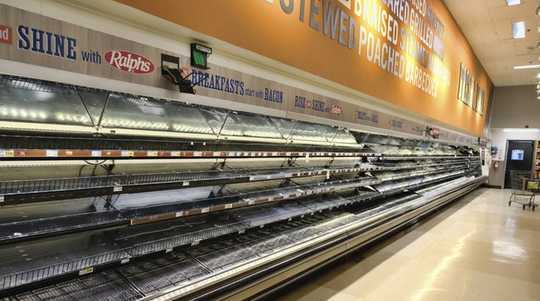
Toilet paper shortages, profiteering from hand sanitizer and empty shelves in grocery stores.

From Homer’s Iliad and Boccaccio’s Decameron to Stephen King’s The Stand and Ling Ma’s Severance, stories about pandemics have offered much on how human beings respond to public health crises.
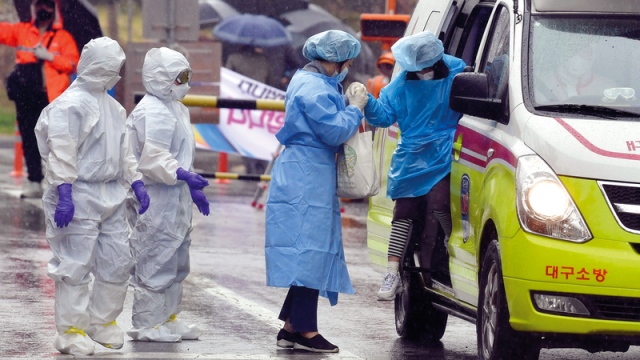
One month after what is now the coronavirus pandemic was declared a “public health emergency of international concern”, it is now causing disruption all round the world on an unprecedented scale.
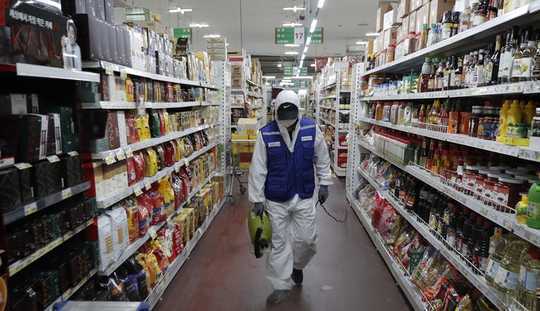
The COVID-19 outbreak appears headed for the U.S., and the Centers for Disease Control and Prevention are urging Americans to prepare now, such as by stocking up on food and prescription drugs.

We hear a lot right now about tensions between different generations: baby-boomers versus millennials, for example.

Panic buying knows no borders. Shoppers in Australia, Japan, Hong Kong and the United States have caught toilet paper fever on the back of the COVID-19 coronavirus.

Slow internet connections or limited access from homes in rural areas can contribute to students falling behind academically, according to a new study

Price transparency is the wrong goal for the free-market health care structure we have in the U.S. Instead, consumers need to know not so much the price, but the costs of things.
- By Arif Jetha

A great deal of attention is being paid to the future of work and its impact on Canadians. Often missing from the discussion is the extent to which different workers will be included or excluded from the changing labour market.

Concerns over the spread of the novel coronavirus have translated into an economic slowdown.
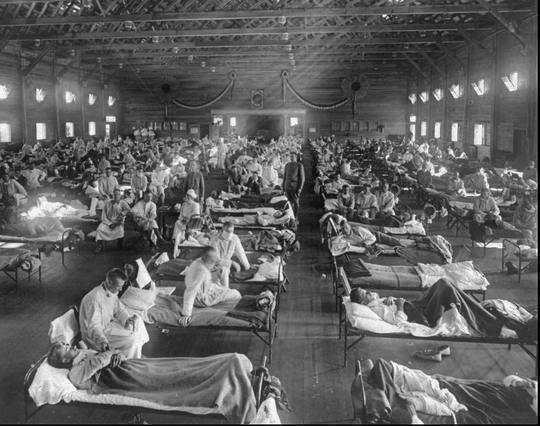
2018 marked the 100th anniversary of the great influenza pandemic of 1918. Between 50 and 100 million people are thought to have died, representing as much as 5 percent of the world’s population. Half a billion people were infected.
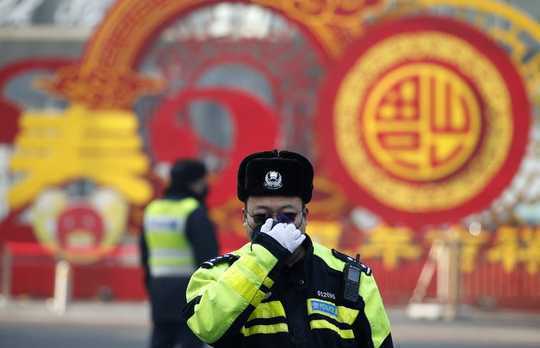
A potential crisis simmers in the shadows: The global dependence on China for the production of pharmaceuticals and medical equipment.
- By Amanda Power

One reason why people find it difficult to think about climate change and the future may be their understanding of human history.
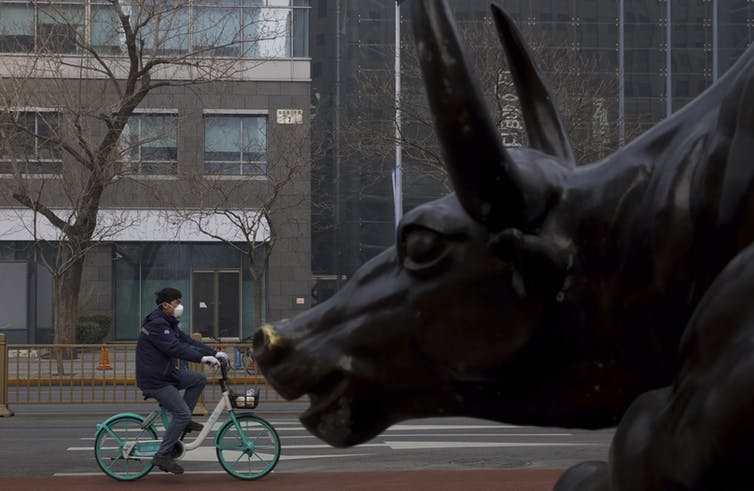
Lately, many people have asked me, as an economist, a question I haven’t heard in years: Could a virus really send the global and U.S. economies into recession – or worse? Put more pertinently, will COVID-19 trigger an economic meltdown?
- By John Weeks
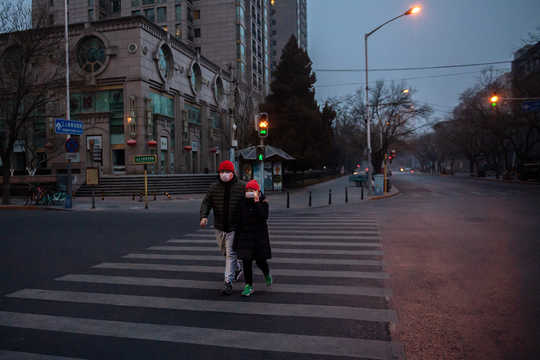
As the novel coronavirus pandemic continues to unfold, travel restrictions are being imposed around the world.
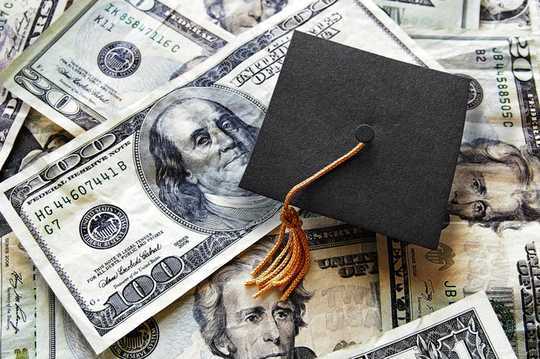
Paying back student loans is not an easy thing to do. One out of every 5 borrowers with outstanding student loan debt has fallen behind their payments.
- By Tony Cookson
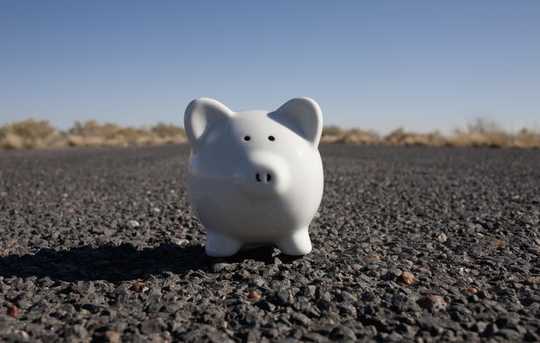
A banking desert is an area without traditional financial institutions and services. They are common in rural areas because large financial institutions are reluctant to operate in less populated areas that are less profitable.
- By Jake Johnson
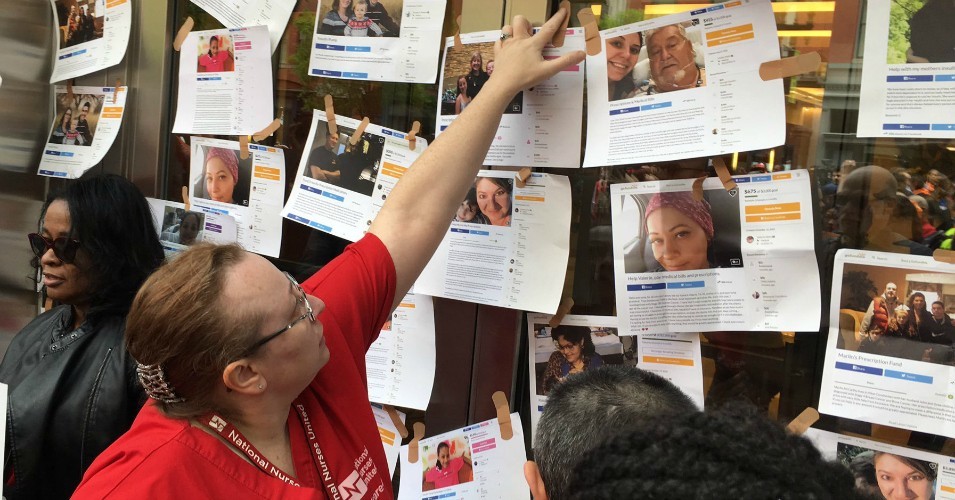
No one should have to beg for money to get the healthcare they need in the richest country on Earth.
- By Maria Flood
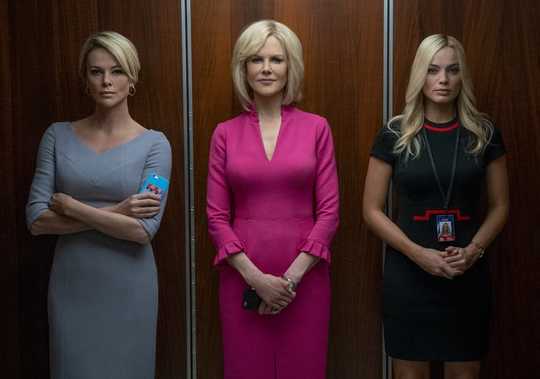
There’s a degree of irony in the fact that Bombshell, the movie about the fall of Fox News boss and serial sexual harasser Roger Ailes, was awarded an Oscar for make-up and hairstyling.















